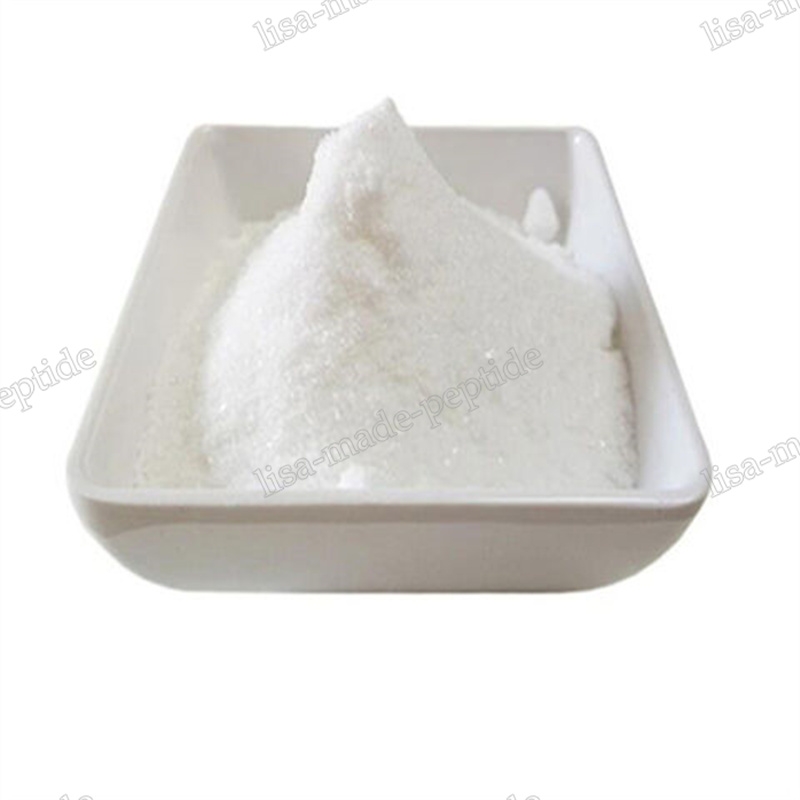-
Categories
-
Pharmaceutical Intermediates
-
Active Pharmaceutical Ingredients
-
Food Additives
- Industrial Coatings
- Agrochemicals
- Dyes and Pigments
- Surfactant
- Flavors and Fragrances
- Chemical Reagents
- Catalyst and Auxiliary
- Natural Products
- Inorganic Chemistry
-
Organic Chemistry
-
Biochemical Engineering
- Analytical Chemistry
-
Cosmetic Ingredient
- Water Treatment Chemical
-
Pharmaceutical Intermediates
Promotion
ECHEMI Mall
Wholesale
Weekly Price
Exhibition
News
-
Trade Service
On December 19, Sinopec announced that it recently completed its first international flight Chinese mainland commercial cargo flight using sustainable aviation fuel
.
The flight used bio-jet fuel
produced by Sinopec Zhenhai Refining.
Large-scale production applications
On December 15, the China International Cargo Airlines Boeing 777 freighter that was first filled with Sinopec Zhenhai refining biojet fuel arrived in Belgium
from Hangzhou after a 12-hour flight.
This is the first time that sustainable fuel green aviation
has been opened on international cargo routes since the first batch of large-scale production of bio-jet coal independently developed in China this year.
Over the years, Sinopec has actively implemented the green and low-carbon development strategy, and successfully developed a bio-jet coal production technology
with independent intellectual property rights in 2009.
In August 2020, China's first 100,000 tons/year bio-jet fuel production unit was completed in Sinopec Zhenhai Refining and Chemical Copec, and the first batch of large-scale trial production was carried out in May this year, and the first global RSB biomass sustainable aviation fuel certification certificate in Asia was obtained, marking China's independent research and development of bio-jet fuel from large-scale production to large-scale application
.
According to the Memorandum of Understanding on Green Development signed by Air China and Cainiao Logistics, the two parties will continue to explore the application of
sustainable aviation fuel in commercial cargo flights in the future.
Bio-jet fuel is a sustainable aviation fuel, which generally refers to aviation kerosene
produced from renewable resources such as animal and vegetable oils and fats and meal surplus oil.
Compared with traditional petroleum-based aviation kerosene, the carbon emissions of bio-jet fuel can be reduced by more than
50% throughout the life cycle.
An important way to reduce carbon emissions in the aviation industry
It is understood that aviation fuel combustion accounts for about 79%
of the total carbon emissions of the air transport industry.
Therefore, the key to carbon reduction in the civil aviation industry is to find more environmentally friendly aviation fuel
.
At present, there are three widely researched and feasible energy alternatives around the world: electrification, hydrogenation, and sustainable aviation fuel
.
From a technical and commercial point of view, sustainable aviation fuel is the most important way to
achieve the carbon reduction goal of civil aviation in the short to medium term.
GF Securities said that according to the EU requirements, the proportion of bio-jet fuel replacement in 2050 will reach 63%, assuming that the EU aviation fuel use in 2019 is 68.
54 million tons as the reference standard, the corresponding demand potential for bio-jet fuel exceeds 43 million tons/year
.
The promotion of sustainable aviation fuel is also an important direction for the development of
China's civil aviation industry.
The "14th Five-Year Plan for the Green Development of Civil Aviation" issued by the Civil Aviation Administration of China this year proposes to promote breakthroughs in the commercial application of sustainable aviation fuel, and strive to achieve sustainable aviation fuel consumption of more than
20,000 tons by 2025.
(Reporter Yang Jie)
From: China Securities News
Return to Sankei homepage >>
The application of biological aviation coal in China has achieved new breakthroughs
Welcome here







